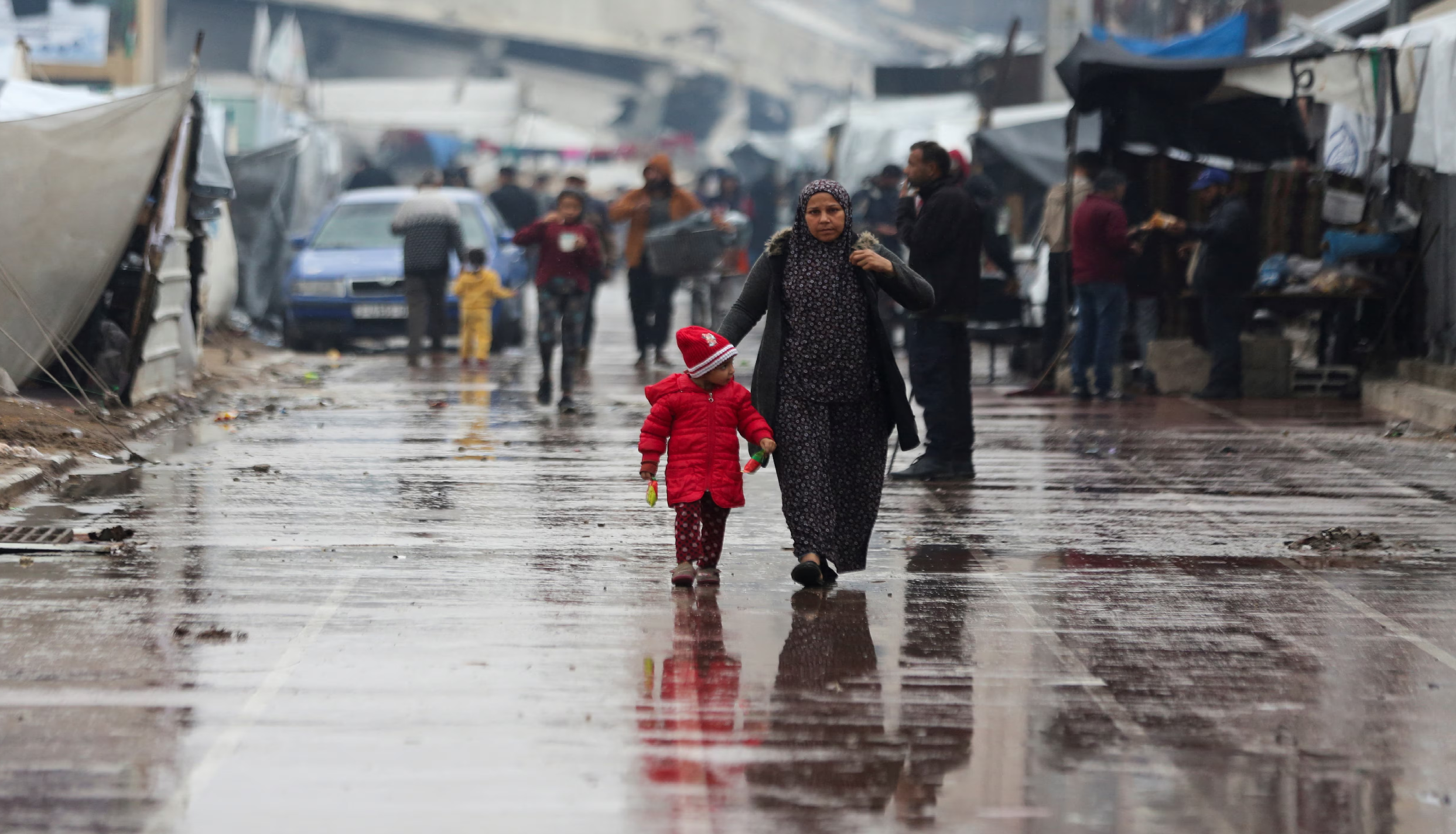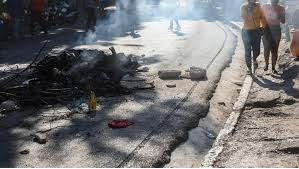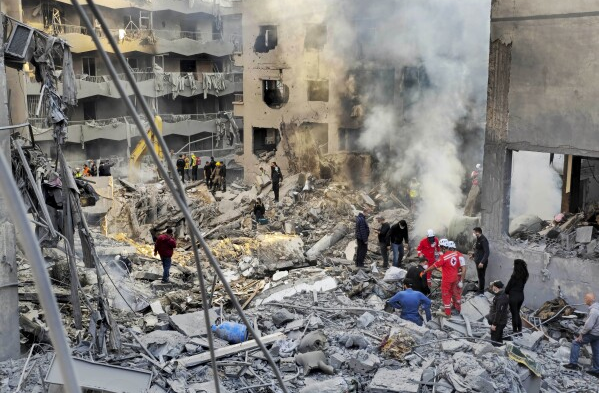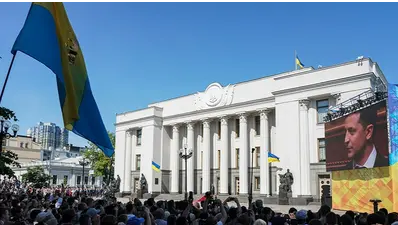
Israel Won't Control Gaza Strip After Hamas War
Khan Younis (Gaza Strip): Israel said Friday it does not plan to take long-term control over the Gaza Strip after an expected ground offensive to root out Hamas militants that rule the territory.
The Israeli military punished Gaza with airstrikes, and authorities inched closer to bringing aid to desperate families and hospitals, as people across Muslim countries protested in solidarity with Palestinians.
Israel bombed areas in southern Gaza where Palestinians had been told to seek safety while it aims to destroy Hamas in retaliation for its brutal rampage in Israel two weeks ago.
Fighting between Israel and militants in neighboring Lebanon also raged, prompting evacuations of Israeli border towns as fears of a widening conflict grew.
Speaking to lawmakers about Israel’s long-term plans for Gaza, Defense Minister Yoav Gallant laid out a three-stage plan that seemed to suggest that Israel did not intend to reoccupy the territory it had left in 2005.
First, Israeli airstrikes and “maneuvering” — a presumed reference to a ground attack — would aim to root out Hamas. Next will come a lower intensity fight to defeat remaining pockets of resistance. And, finally, “the removal of Israel’s responsibility for life in the Gaza Strip,” Gallant said.
Gallant did not say who Israel expected to run Gaza if Hamas is toppled. Israel occupied Gaza from 1967 until 2005, when it pulled up settlements and withdrew soldiers.
Two years later, Hamas took over. Some Israelis blame the withdrawal from Gaza for the sporadic violence that has persisted since then. As the humanitarian crisis worsened for Gaza’s 2.3 million civilians, workers along its border with Egypt began work to repair the border crossing in a first step to getting aid to besieged Palestinians, who were running out of fuel, food, water and medicine. Over a million people have been displaced in Gaza.
Many heeded Israel’s orders to evacuate the northern part of the sealed-off enclave on the coast of the Mediterranean Sea. Though Prime Minister Benjamin Netanyahu had called areas in southern Gaza “safe zones” earlier this week, Israeli military spokesman Nir Dinar said Friday: “There are no safe zones.”
U.N. officials said that with the bombings across all of Gaza, some Palestinians who had fled the north appeared to be going back. “The strikes, coupled with extremely difficult living conditions in the south, appear to have pushed some to return to the north, despite the continuing heavy bombing there,” Ravina Shamdasani, spokesperson for the U.N. human rights office, said.
Gaza’s overwhelmed hospitals were rationing their dwindling resources, as authorities worked out logistics for a desperately needed aid delivery from Egypt. Generators in Shifa Hospital, Gaza’s largest, were operating at the lowest setting to conserve fuel while providing power to vital departments such as intensive care, hospital director Mohammed Abu Selmia said.
Others worked in darkness. “I don’t know how long (the fuel) will last. Every day we evaluate the situation,” he said. (AP)
 English daily published in Bengaluru & Doha
English daily published in Bengaluru & Doha






